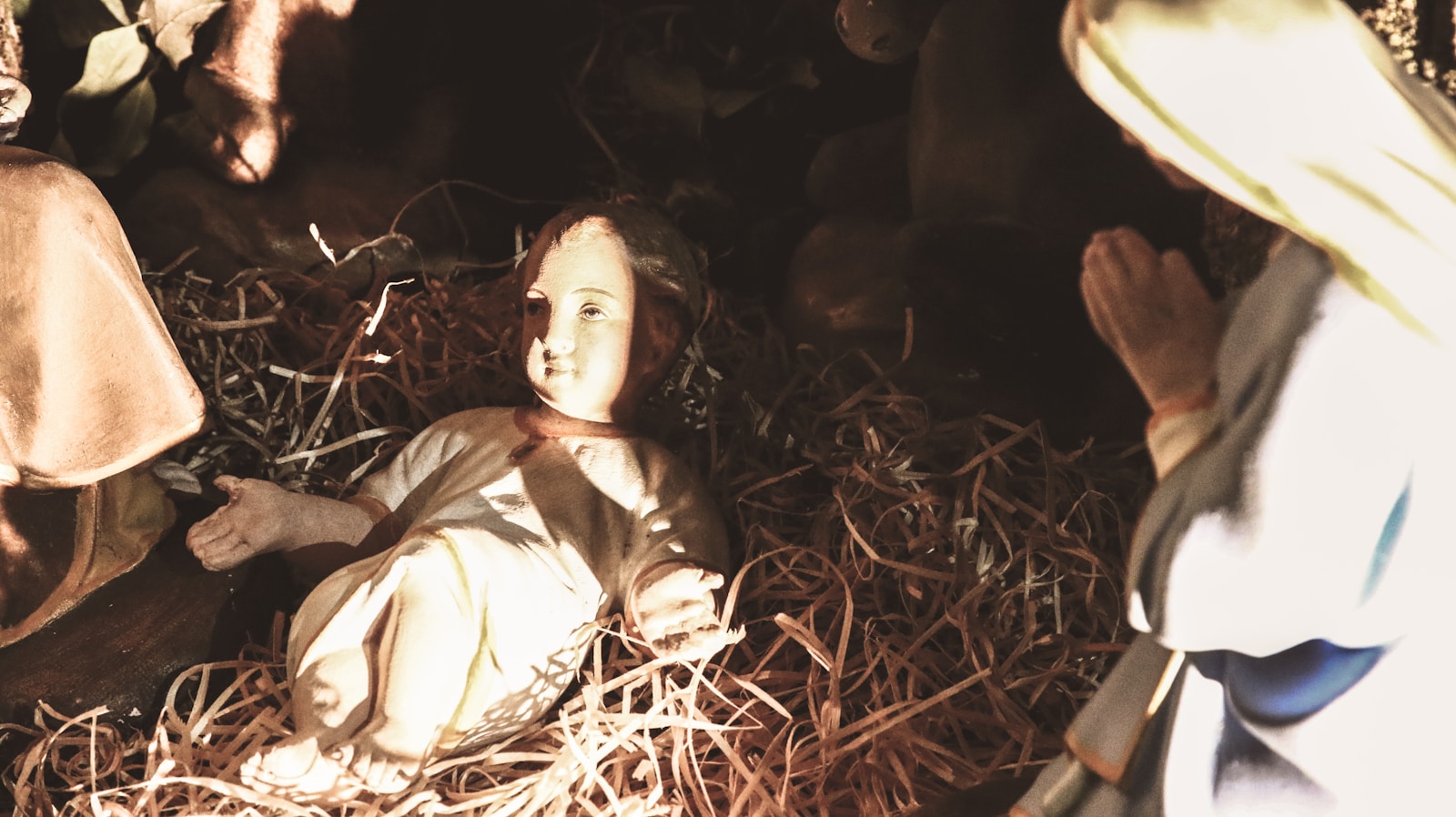
马槽
mǎ cáo

manger
The Chinese word for manger, 马槽, is the translation of the English term referring to a box or trough in a stable or barn from which livestock are fed.
Example sentences using: 马槽
我把苹果放在马槽里。
Wǒ bǎ píngguǒ fàng zài mǎ cáo lǐ.

I put the apple in the manger.
This sentence means someone placed an apple into a manger.
马槽应该经常保持清洁。
Mǎ cáo yīnggāi jīngcháng bǎochí qīngjié.

The manger should be kept clean regularly.
This sentence emphasizes the importance of maintaining cleanliness of a manger.
马槽中的喂食应注意。
Mǎ cáo zhōng de wèishí yīng zhùyì.

Feeding in the manger should be noted.
This sentence expresses the necessity of paying attention to the food given in a manger.
她坐在马槽边看书。
Tā zuò zài mǎ cáo biān kàn shū.

She is reading a book by the manger.
This sentence describes a person who is reading a book next to a manger.
马槽里的干草是新的。
Mǎ cáo lǐ de gāncǎo shì xīn de.

The hay in the manger is fresh.
This sentence tells that the hay in a manger is newly added or replaced.
马槽是木头做的。
Mǎ cáo shì mùtou zuò de.

The manger is made of wood.
This sentence describes that a manger is constructed from wood.
马槽上的鸟在唱歌。
Mǎ cáo shàng de niǎo zài chànggē.

The bird on the manger is singing.
This phrase describes a scenario where a bird is singing on a manger.
他们正在清理马槽。
Tāmen zhèngzài qīnglǐ mǎ cáo.

They are cleaning the manger.
This phrase means that people are in the process of cleaning a manger.
马槽里的水足够马喝。
Mǎ cáo lǐ de shuǐ zúgòu mǎ hē.

The water in the manger is enough for the horse to drink.
This sentence means that there is sufficient water in the manger for a horse.
那匹马正在马槽前吃东西。
Nà pǐ mǎ zhèngzài mǎ cáo qián chī dōngxī.

That horse is eating at the manger.
This sentence describes a scenario in which a horse is eating in front of a manger.